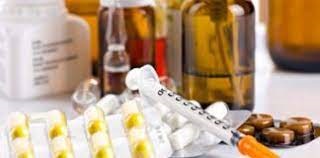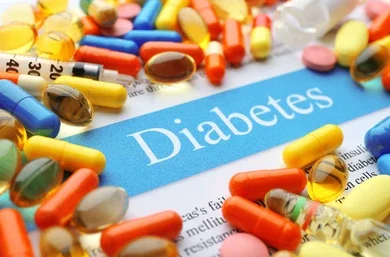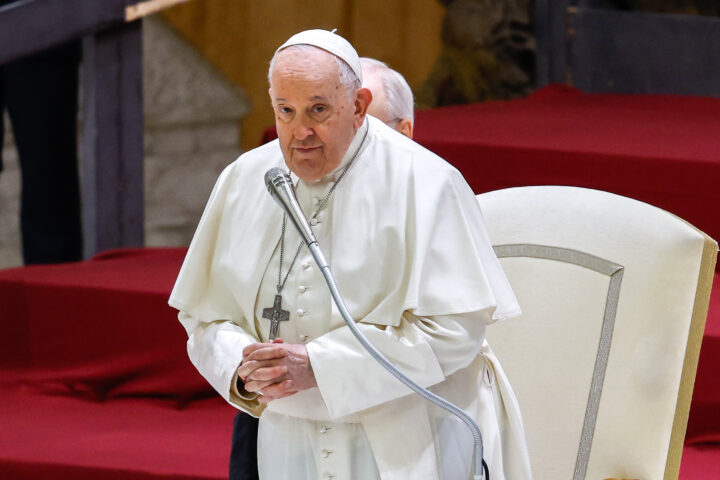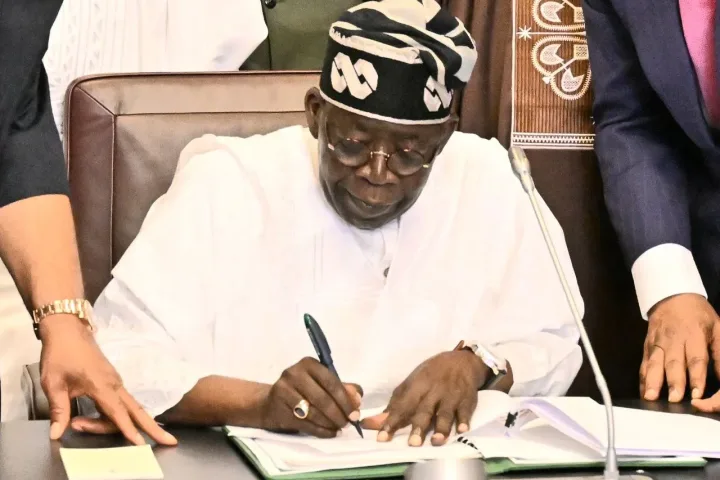Many Nigerians have lamented the high cost of accessing healthcare. The situation is worse for people living with non-communicable diseases like diabetes, hypertension cardiovascular disease and cancer.
The soaring inflation in Nigeria has aggravated the economic hardship faced by the people. This high cost has affected all sectors including healthcare as Nigeria, to a large extent, depend on importation of both finished drugs, raw materials and machines used in producing pharmaceutical products locally, meaning that they require foreign exchange to do so with the high rate currently.
Join our WhatsApp ChannelThis is even as the healthcare system, according to experts, remains largely ineffective.
With this scenario, managing health challenges like diabetes becomes a bigger economic burden on households. Some patients who shared their experiences with Prime Business Africa said it has become extremely difficult to maintain prescriptions by their medical consultants. Treating diabetes in Nigeria involves the costs of medication, diagnostic tests, medical supplies, and consultation fees.
“Drugs are very expensive now, keeping to my doctor’s prescription has become extremely difficult these days,” said a diabetic and hypertensive patient who didn’t want to be named.
Vice President, Diabetes Association of Nigeria, Comrade Bernard Enyia, in an interview with Prime Business Africa said diabetes drugs have become so expensive and no longer affordable by many patients in the country.
According to him, maintaining the protocols prescribed by medical experts for managing diabetes now costs about N150,000 monthly apart from healthy foods one has to adhere to as well.
Enyia, who is also the Co-chair, National Action on Sugar Reduction Coalition said Insulin which they used to buy around N3,500 two years ago has jumped to N11,000 and above, depending on the pharmaceutical shop or company.
He said the high cost has pushed many who can’t afford it to go for cheaper alternatives and even herbal concoctions that they are deceived to use which could lead to complication and even death.
“Diabetes drugs are so expensive now. It is difficult for us to buy and several other people, who cannot afford it, have stopped taking it. Some have gone to other cheaper alternatives like trado-medicine products.
“Some of them even claim that they have cure. So they can just mix any kind of concoction and give to people. Such would go and damage their liver, and it becomes even worse,” Enyia stated.
Detailing what he currently spends on medication as one living with diabetes, he said: “insulin comes in various forms and volumes. We have some that are prepared 10ml and we have others that carry 3ml, that’s pen insulin. The one that goes with 10ml two years ago used to be N3,500, but as I speak to you right now is N11,000 and above, depending on the pharmaceutical shop or company, and then the one that comes with pen, some of them are like five or six within, that one costs about N65,000. Now, the one that comes with 10ml, somebody like myself, because I take the insulin in the morning and evening, it hardly takes me two weeks. So, sometimes in a month, especially a month that has five weeks, I need three of such insulin to be able to take in the morning and evening and since as it is now N22,000 Naira, I should be spending about N66,000 Naira for the insulin alone.
READ ALSO: Why Nigeria Records Increasing Cases Of Cancer – Medical Expert
“It is not just the injection, even the syringe we use to administer the injection, used to sometime ago be N30, or N50 naira. Now that syringe is N600 naira. And I take two in a day. I take one in the morning and one in the evening. When you multiply N1,200 by 30, you’ll get N36,000 for just the syringe which is not the drug. If you add that to the N66,000 of the drug, that is about N100,000 plus.
“Now, that’s not the only thing; the machine we use in doing the test right now is about N30,000. The test strip that we use in doing the test is about N15 to N20,000. So, you just see that within a month, you are spending like N150,000 just for drugs only, let alone food.
“I cannot take my injection when I’m not sure of food because the moment you take the injection, it will start working on the sugar in your system.”
Speaking further on the economic, burden, Enyia said “Sometimes, I sacrifice my children’s school fees for the drugs because I need to be alive to be able to take care of them.”
READ ALSO: Diabetes Treatment Cost Rises By 200%, Patients Demand 20% Hike In Sugar Price
Many patients with diabetes find it difficult to afford the necessary medications and supplies. This can lead to poor management of the disease and an increased risk of complications, such as cardiovascular diseases, kidney failure, and amputations.
The lack of affordable treatment forces patients to seek cheaper, less-effective alternatives, sometimes falling victim to false cure claims. Also, The stigma associated with diabetes exacerbates the problem by discouraging candid conversations and prompt intervention.
Enyia emphasised the need for the government to make policies that make access to healthcare for people with non-communicable diseases like diabetes easy.
Enyia suggested measures like conducting free medical tests for diabetes patients to encourage people to go for test.
He said the number of people living with diabetes in Nigeria is estimated to be 11.2 million while about six million die of the disease every year, stressing that it contributes significantly to depletion of the workforce.
According to him, there are no desk officers in states ministries of health that should collate data to guide the government in policy decisions and planning on health issues. He said a lot of people have signs and symptoms of diabetes but have no access to healthcare, and that the number of cases and mortality rate related to the diabetes in the country might be more.

In June, President Bola Tinubu signed an Executive Order aimed at boosting domestic product healthcare products and reducing costs as a way of achieving sustainability in the health sector.
According to the Order, the targeted healthcare products include pharmaceuticals, diagnostics, medical devices such as needles and syringes, biologicals, and medical textiles, among others.
According to the Coordinating Minister of Health and Social Welfare, Professor Muhammad Ali Pate, the news Order has introduced zero tariffs, excise duties and VAT on specified machinery, equipment and raw materials to reduce costs of production.
The negative of Nigeria’s over-dependence on importation became intense when pharmaceutical companies, like GlaxoSmithKline (GSK) and Sanofi, exited the country due to harsh economic environment, making prices of pharmaceutical products to hit the roof.
Commenting on Tinubu’s Executive Order to address high cost of pharmaceutical products, President, Pharmaceutical Society of Nigeria, Professor Cyril Usifoh, in a media interview recently, said it is a good initiative.
Usifoh noted that the zero tariffs, excise duties and VAT will go a long way in reducing the cost of production.
The PCN president, however, pointed out that the effect will not be felt immediately. According to him, the high and fluctuating exchange rate between the naira and dollar will still affect cost of production as people need forex to import Active Pharmaceutical Ingredients (API), other raw materials and machines for production of drugs.
He said the authorities can find a way to provide a window for manufacturers in the sector to access forex at an affordable rate to be able to import all they need to increase production and bring down the cost of drugs.
Victor Ezeja is a passionate journalist with seven years of experience writing on economy, politics and energy. He holds a Master's degree in Mass Communication.



















Follow Us